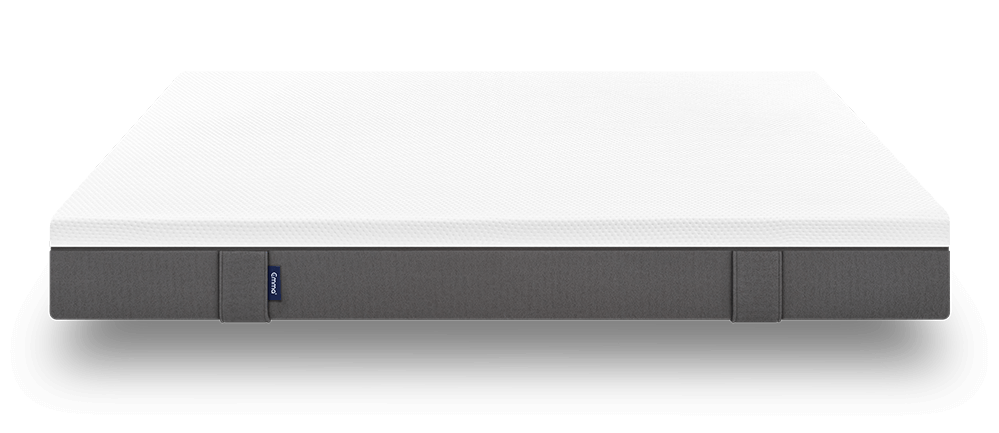Sleep Apnea - Causes and Treatments
Sleep apnea is a disorder which causes breathing problems during sleep. Typically a person who suffers from sleep apnea will have pauses in breathing or shallow breathing during sleep. These pauses can happen throughout the night and can last for several minutes. During these periods, the person may emit a choking or snorting noise that leads them to wake up multiple times throughout the night. The constant disruption of sleep leads to issues such as sleepiness throughout the day.
There are 3 different types of sleep apnea sufferers:
- Obstructive: (OSA) is the most common form of sleep apnea and is characterized by a blockage of airflow while sleeping.
- Central: (CSA) is due to a lack of effort to breathe, thus causing the person to stop breathing.
- The last is a mix of the OSA and CSA types.
Diagnosis:
It is difficult to diagnose sleep apnea because for the most part the person is not aware of the problem. Generally sleep apnea sufferers are made aware of their condition through family members who are disturbed by the noise emitting from the sufferer throughout the night. To be diagnosed with sleep apnea the patient must take part in an overnight sleep study. The sleep study will have to record five interruptions of breathing per hour in order diagnose the problem as sleep apnea.
Risks Associated with Sleep Apnea
- Excessive daytime sleepiness (EDS)
- Vision problems
- Issues with operating motor vehicles or machinery
- Insomnia
- Depression
- Heart attack
- Stroke
- Heart failure
- Diabetes
Treatment
- Surgery
- Behavioral therapy
- Avoid alcohol, sleeping pills and sedatives
- Use of a CPAP (continuous positive airway pressure) or automatic positive airway pressure (APAP) device
- Neurostimulation
- Medications
- Oral pressure therapy
Sleep Better.
Try it Now!

